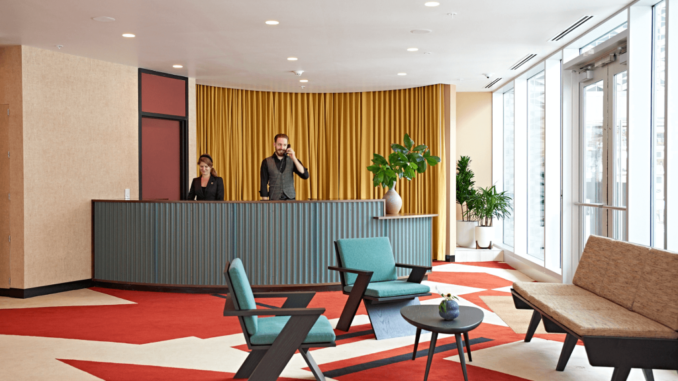
By Debbie Carson, Associate Editor
Hoteliers at different properties will invariably have different requirements and priorities when it comes to PMS buying considerations. That said, there are a number of expectations that hoteliers across the board are bound to have in common. These expectations center, first and foremost, on the desire to improve operational efficiencies across all parts of the organization.
Perhaps the most important buying consideration, therefore, is the degree to which core hotel functions can be fully automated —or at least substantially streamlined. At a minimum most hoteliers should expect any PMS under consideration to facilitate housekeeping assignment and statusing, control group room block allocations, automate room and tax posting and other night audit processing, as well as the continued administration of guest messages, wait lists, house/city ledger accounts, and lost and found.
Many also offer concierge modules to store local destination information, though the internet has generally made this irrelevant at the low end, and the high end is being increasingly served by point solutions for such things as dining reservations and ticketing for events.
Some buyers may have simple revenue management practices that they expect the PMS to support natively — e.g., whether it includes capabilities for automatically applying rate and inventory controls based on manually-entered “day type” indicators of anticipated demand, or automatically as different levels of occupancy on the books are reached. Increasingly, hoteliers may expect the PMS to include features related to guest relationship management and sales and marketing, including social media integration and loyalty and rewards systems.
In all cases, hoteliers want the PMS to be easy to use; the interface will be intuitive and screens will be laid out in a logical and easy-to-understand format. Some systems incorporate quick-feature icons and drag-and-drop capabilities to help reduce the learning curve and speed workflow. Some systems also include social collaboration tools to stimulate staff interaction.
Because every property has a unique personality, hoteliers may expect the PMS to allow for a significant degree of customization, including the ability to modify screen layouts or the way that printed folios and registration cards appear.
Traditionally, large, full-service hotels used locally-installed systems that require on-premise data servers as well as backup systems and in-house IT expertise. While on-premise installation may have certain benefits, including reduced concerns (whether justified or not) about ISP reliability, the main downside lies in the fact that the property is responsible for installing and maintaining the hardware. While this may be of little concern to major brands with large IT operating budgets, it is certainly a consideration for mid-tier and smaller hotels.
